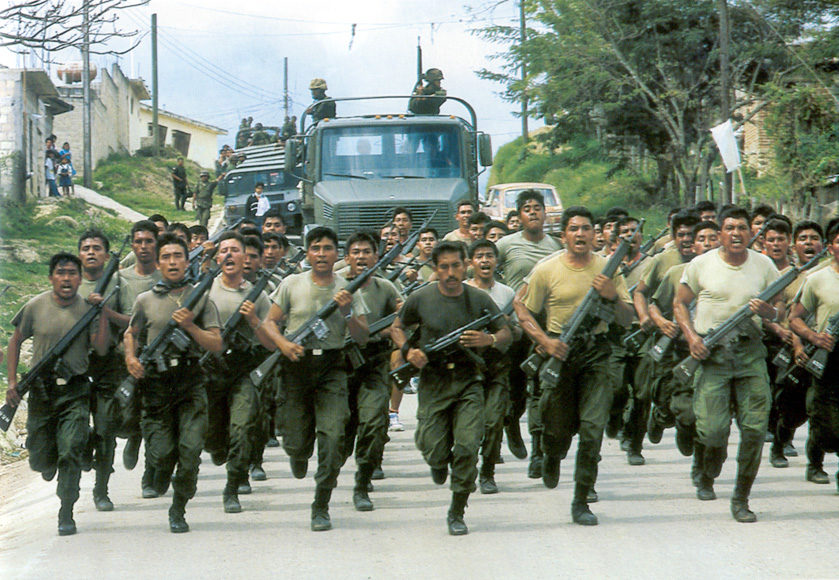Mexican presidents rarely leave office to the sound of applause. The last heads of state of the PRI`s hegemonic rule were soon accused of fraud and corruption. The first PAN president, Vicente Fox (2000-2006) stomped off to his ranch in disgust after opinion polls showed how little popular support he had. But none of them was so immediately vilified as Felipe Calderon, whose six years in office come to and end on 1 December.
The biggest criticism concerns his declaration of war against the illegal drugs cartels. This has left more than an estimated 60,000 people dead, as well as many thousands more disappeared. The government has even stopped publishing official figures for the number of victims. At first Calderon insisted that the vast majority of these `casualties` were of people involved in some way or other in the illegal drugs trade, but the sheer scale of the deaths has led him to retract this.
Beyond the numbers killed, what has offended and worried many Mexicans is the militarization of security matters. Traditionally, following the turbulent years of the Mexican revolution in the early 20th century, the military were kept strictly out of politics and internal security matters. But under Calderon the army, and increasingly the Mexican navy, have been brought onto the streets in many of Mexico`s states. The Navy in particular has seen the creation of 22 new battalions of Marines, whose tasks are all on land, to the extent that local observers say it can no longer even act as a proper coastguard service.
Politically, this increasing reliance on the armed forces is seen to have been a private initiative by President Calderon, who deployed troops and marines without first getting approval from Congress or bringing in legislation to allow for their deployment as `super-police`. Their activities have led to thousands of complaints of abuses of individual and collective human rights, with the alleged perpetrators still enjoying almost complete impunity.
The increased spending on this `drugs war` (the budget for the Navy almost doubled for 2012) is also seen as part of Calderon´s inept management of the Mexican economy. Although the country has succeeded in avoiding the kind of economic crisis seen in the united States and Europe, his six years in power have done nothing to reduce the gaping inequalities in Mexican society.
Nor have perceived levels of corruption and public sector waste been addressed in any way, according to local observers. The number of public sector employees has risen, and although Calderon came to power promising to diversify the Mexican economy, his government came increasingly to rely on oil export earnings to bridge the gap between public spending and revenues.
At the same time, the President proved incapable of keeping his own PAN party together. The PAN came to power in 2000 as a modernising, right-wing party with a neo-liberal programme that would clearly distinguish it from the PRI, which in those elections slumped to third place behind the PRD.
But during Calderon`s presidency, the party has disintegrated, and often seemed more intent on internal feuding than in presenting a coherent set of policies. Following the death of Calderon´s preferred candidate as successor, the surviving candidates spent most of their time attacking each other and, when Josefina Vasquez Mota was finally chosen as the person to keep the PAN in power for another six years, many within the party were only half-hearted in their support for her in the July elections.
So Felipe Calderon`s legacy is a sombre one. He has been president for a term during which thousands of ordinary Mexicans were killed in a war they never supported, while whole regions of their country passed to the control of either the armed forces or organised crime. He has failed to bring in any economic or political initiatives that would help to overcome Mexico`s chronic problems of poverty and democratic deficit. And he has left his own party so weakened that Mexicans could well see another lengthy period of rule by the PRI, the party they apparently so roundly rejected 12 years ago.

